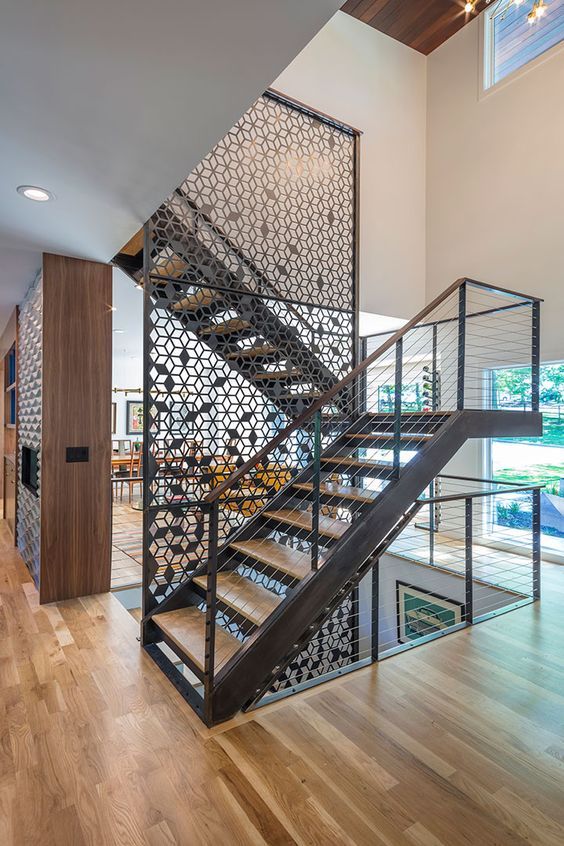What to expect from a Home inspection?

A home inspection helps you make a more informed decision about the home you're considering buying. A home inspector can identify potential issues, plus give you a better idea of the ongoing maintenance the property will require.
When you're buying a house, a thorough home inspection can save you thousands of dollars in unexpected repairs or from unwittingly buying a money pit.
What is a home inspection?
A home inspection is a visual assessment of a house's physical structure and mechanical systems, including the roof, ceilings, walls, floors, windows and doors.
The inspector will check that major appliances are functional, scrutinize the heating and air-conditioning system, examine the plumbing and electrical systems and may even poke around in the attic and basement.
The goal of a home inspection is to uncover issues with the home itself. Inspectors won’t tell you if you’re getting a good deal on the home or offer an opinion on the sale price.
When does the home inspection happen?
The home inspection happens after the seller has accepted an offer but before buying the house. To provide enough time for additional inspections or for negotiations with the seller, you'll want to schedule a home inspection as soon as possible once you're under contract.
Home owners should allow at least seven to 10 days in the home buying process to take care of the inspection.
Hiring a home inspector
As the buyer, the onus lies on you to hire a home inspector. Even if the seller offers to share their home inspection report or claims the house is pre-inspected, you'll want to arrange your own inspection.
It’s a best practice to interview potential home inspectors about their experience, training and areas of expertise. For example, if you're considering a fixer-upper or looking at an older house, you’ll want an inspector who has knowledge about historic homes.
Ask for references from prior clients, especially homeowners who have been in their homes for at least six months. This will help you determine whether any issues popped up that were unreported in their inspections.
You can also ask for samples of prior reports and note whether they’re simply completed checklists or extensive reviews. That way you’ll know whether you’re paying for a quick report or detailed inform A home inspector should take several hours to complete a detailed walk-through of the home you’re looking to buy. During that time, the inspector will take notes and pictures and, if you’re tagging along, comment on what they see. Most importantly, the inspector will provide an objective opinion on the home’s condition, detached from the emotional rollercoaster you’ve been on during the home buying process.
An inspector might have a thought or two on child-safety issues found in the home, but again, that depends on the inspector’s experience and competencies. And a home inspector doesn’t necessarily determine whether your home is compliant with local building codes.
They also won't comment on anything aesthetic, unless it betrays a larger problem. For example, they may point out a ceiling stain that indicates water damage.
Although inspectors should have a keen eye for detail, they won’t be able to detect the unseen. That means hidden pests, asbestos, mold or other potentially hazardous substances might go unnoticed.
Areas that aren't readily accessible, like the septic tank, won't be covered, either. Those sorts of issues can require specialized evaluations.
What's included in a home inspection report?
A good home inspection report is extensive, containing checklists, summaries, photographs and notes. It may estimate the remaining useful life of major systems and equipment, as well as that of the roof, structure, paint and finishes. The critical information will include recommended repairs and replacements.
An inspection is not a pass-fail exam. No fixes are mandatory after a home inspection, though it may uncover issues that prompt further negotiations with the seller. You will learn much about the home and gain confidence in the decision to move into your new address — or find out enough to pass on the purchase.
What's not included in a home inspection?
Inspectors won’t tell you if you’re getting a good deal on the home or offer an opinion on the sale price. The goal of a home inspection is to objectively uncover issues with the home itself so you can make an informed decision about going through with the sale. It's distinct from an appraisal, which the lender uses to help gauge the risk involved in the loan.
Do I have to be there for a home inspection?

You do not have to be present during but it could be useful to watch as the inspector does their work. It may give you the chance to hear comments that might not end up in the final report or to ask spur-of-the-moment questions.
.
Source: Jocelyn Maridold -PE News
Comments System WIDGET PACK




.jpg)










































